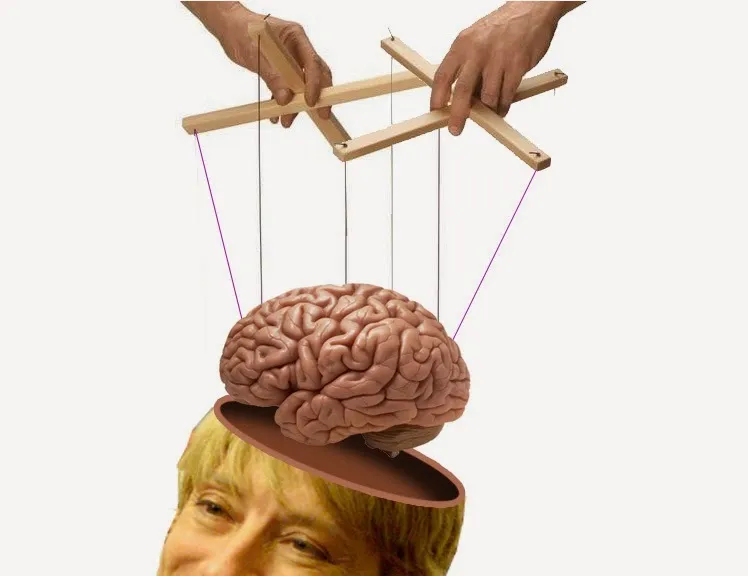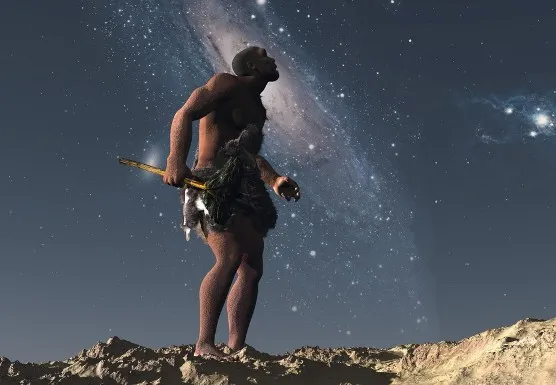
Source
I have been an atheist for the last 15 years of my life. The why and the how are not relevant, at least within the scope of this article. I believe though, that my journey towards atheism was a relatively common one. It started around the age of 15-16 with an initial ‘on-and-off’ stage. That was the time when I had began for the first time to doubt my religious beliefs but I had not removed them from my life completely. During my times of sadness or when I was in need of something, like getting a good mark in my tough, upcoming Math’s test or to find the courage to talk to that beautiful girl I liked, I would ask God for his help. When everything was good and especially if I happened to be spending time with that girl, I would forget all about the rules of the Church, God’s teachings and I’d enjoy my life without feeling a need for the Divine. Later on, in the era of the broadband internet and ‘Islamic terrorism’, I started viewing religion as one of the greatest evils on Earth. Richard Dawkins and Christopher Hitchens would become my role models and I was a strong believer in militant atheism. I would ridicule religious people, try to ‘educate’ them and divert them away from the religion that was, in my mind, ‘destroying their lives’. That did not make me particularly popular in the deeply religious culture of the country I grew up in. Then slowly, as I started reading more and more about the human nature and how the human brain works, I realized the irony behind my then current beliefs. I was no different to the religious person I were before - I had just replaced my God with something else. I was still a follower.

Source
Reading books about anthropology and evolutionary psychology helped me understand a lot of things about our species. These books don’t all necessarily agree with each other, but that is of course the beauty of science. One thing though, that they all agree on and one of the most important lessons that I got from these books, is that when a human trait or behaviour is so widespread that it almost seems like it’s universal to our species, it is usually a characteristic that is somehow advantageous to our survival or to our reproduction. Very often we sit in front of our TVs, watching channels like the National Geographic and we admire the beauty and complexity of the animals that we share our planet with and we feel amazed with how their evolutionary hardwiring allows them to fully adapt to and survive in their environment. I believe that humans, even though with an undoubtedly far greater and more complex cognitive power, we are as dependent on our genetic hardwiring as a puppet is on its puppeteer.

Source
Religion is everywhere and it has been around for as long as humans have. There is evidence that prehistoric humans such as the Homo heidelbergensis and the Neanderthals, used to bury their dead. Burial is a ceremonial ritual that is connected with religious beliefs or a belief to the supernatural. Many of the dead have been found buried with stone tools or their animals. This is seen as further evidence of a ritual and even as the first sign of our ancestors’ belief in an afterlife. As humans became more complex, so did our religious beliefs. We transitioned from the first religious drawing of cavemen, to worshipping mountains, plants and statues and finally all the way to the monotheistic religions that are still around today. Therefore, our clear, historic connection to religion is something that has passed from generation to generation for thousands of years and it is linked either directly or indirectly to a trait that is giving us an evolutionary advantage.

So after we have established that religion is indeed ‘natural’ to our species, we need to ask the question: Is religion directly advantageous to us or is it simply a by-product of other traits of humans which have helped us to survive throughout the years? I strongly believe that it is the latter. Religion itself offers no biological advantages to us, but certain characteristics and behaviours that do benefit our survival, make us prone to becoming religious. Most major religions we know, teach things that already characterize us as species and are of an evolutionary benefit. Compassion, forgiveness, doing the right thing, following certain ‘golden rules’ are qualities which help us as animals to survive. Our nature as social animals is reflected on the encouragement of religions to forgive and help each other, our sense of justice and retribution is represented by the Gods who will reward the good and punish the sinners and finally the promise of an afterlife is there to satisfy our constant desire to survive. Religion usually encourages behaviours which will lead to a big family and discourages behaviours that will prevent us from producing offspring. It gratifies our hardwired needs to follow figures of authority, a quality which is vital for children to survive. Probably this is the same reason why humans seem prone to follow political leaders and allow governments to take decisions about their lives.
 Source
SourceThis is a huge topic and I will write more articles about it in the future. I do believe that religion is ‘natural’ in the sense that, if we were to discover today a previously unknown human tribe in the middle of the Amazon forest, I would expect that they would have some sort of supernatural beliefs despite the fact that they have never heard about the religions of the rest of the world. Having said that, a differentiation between our ‘nature’ as species and our individual nature can be made and what is a huge part in somebody’s life, could have absolutely no importance in someone else’s.
========================================================================
For more articles like this but also on many other subjects, follow me @nulliusinverba
